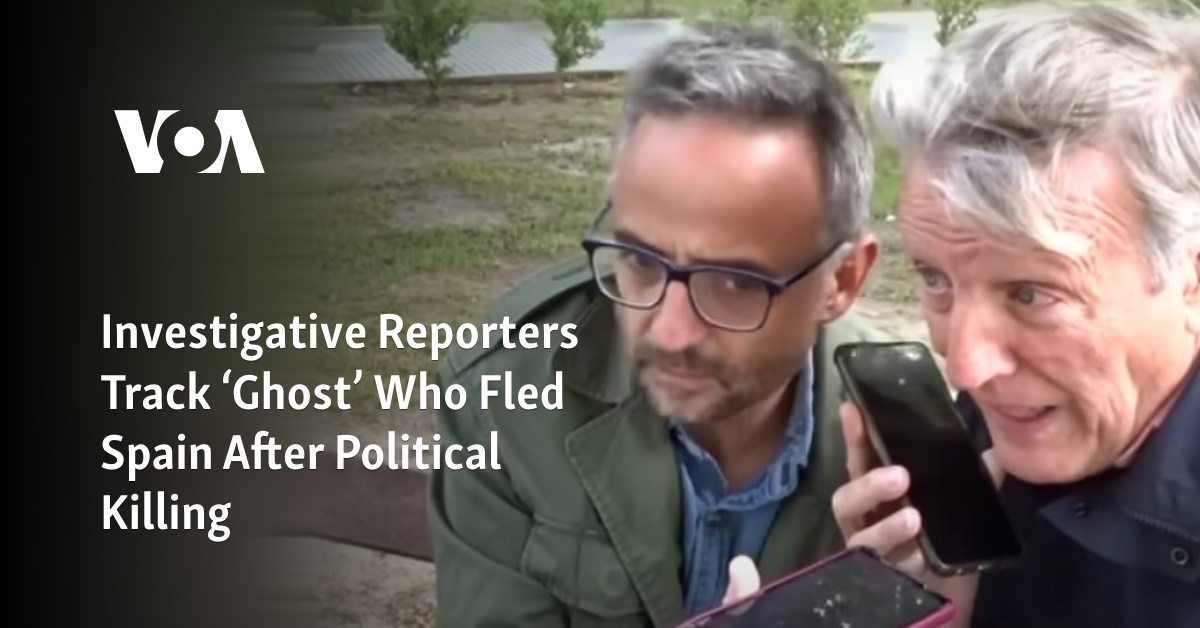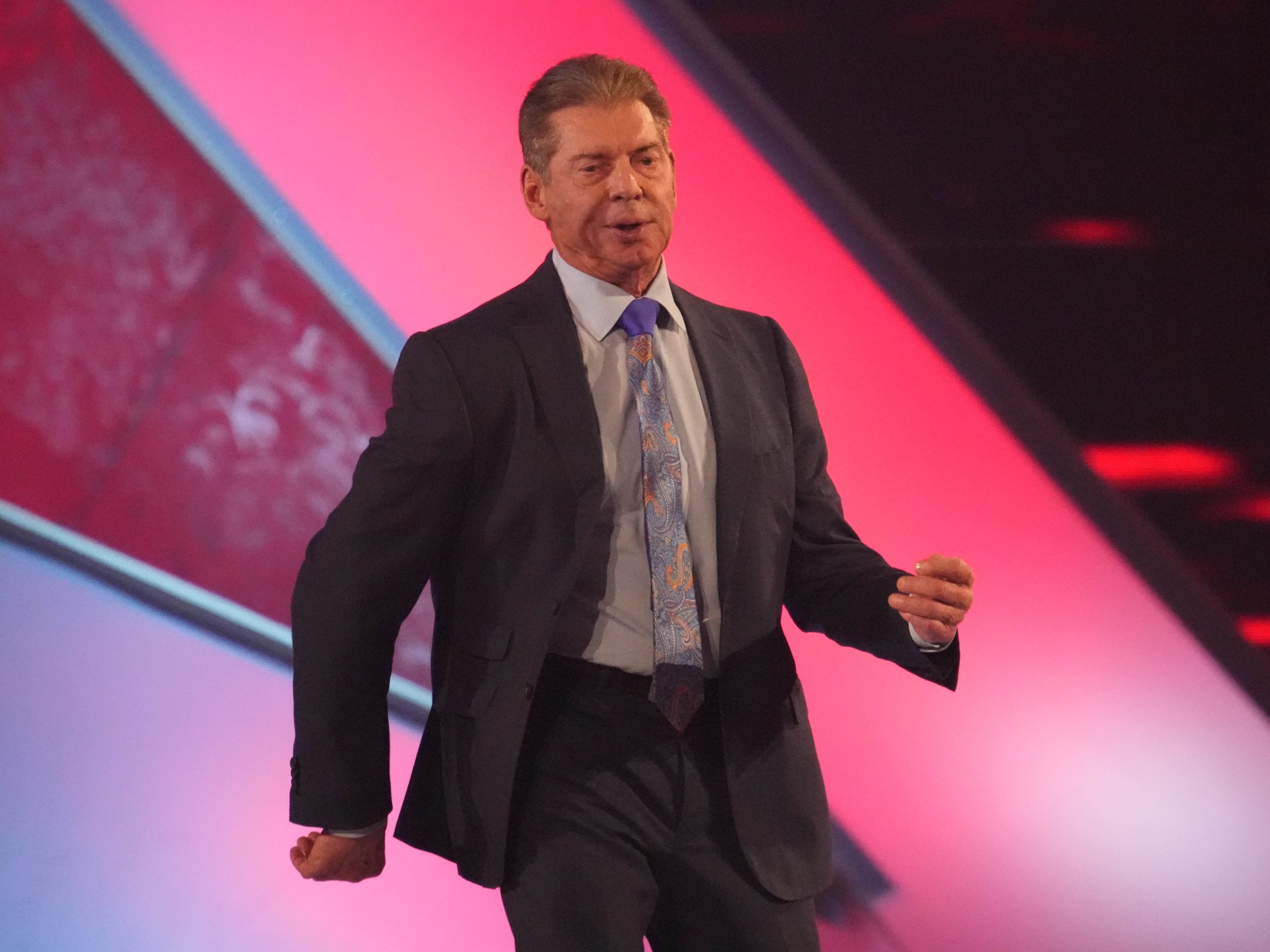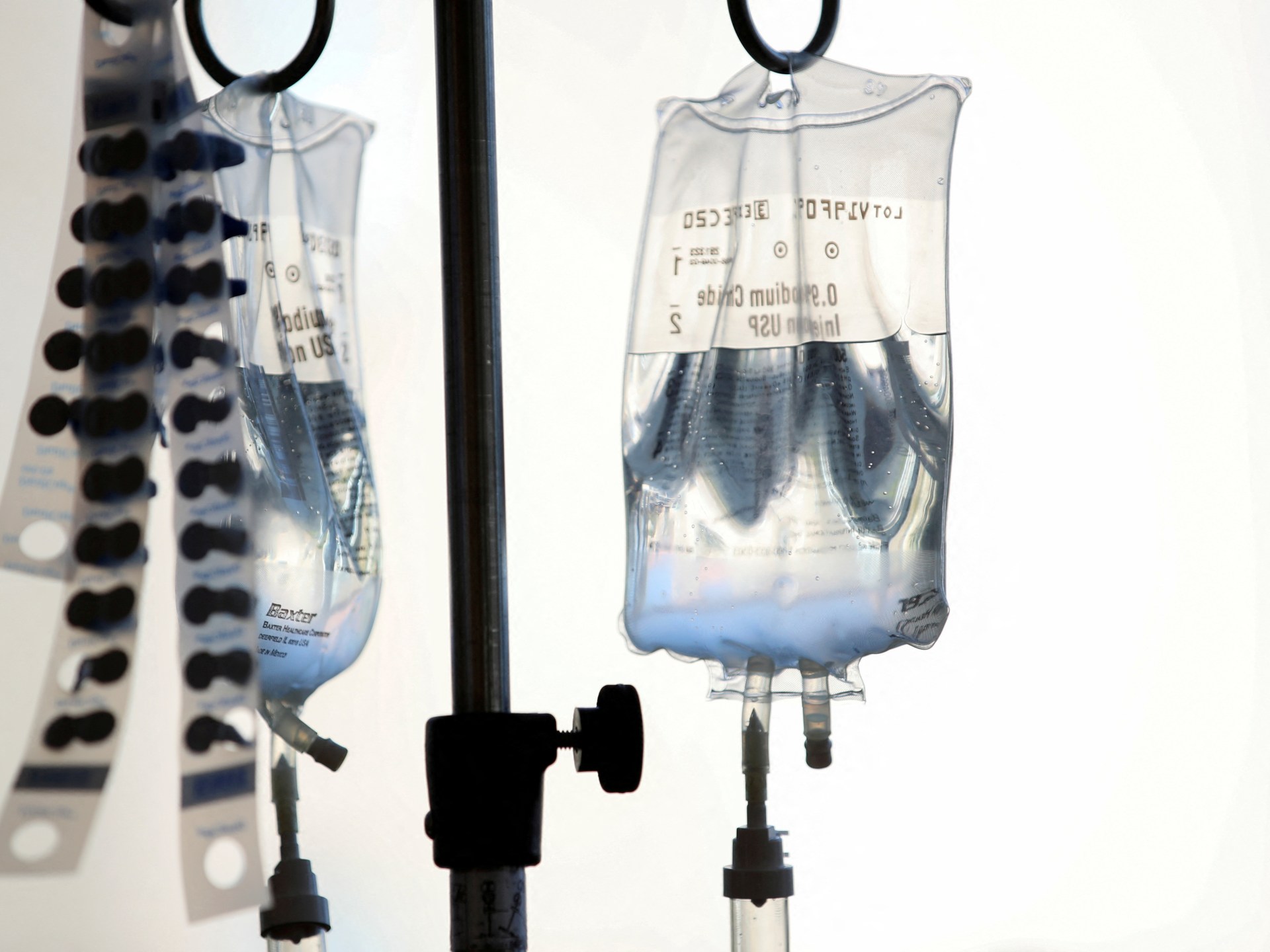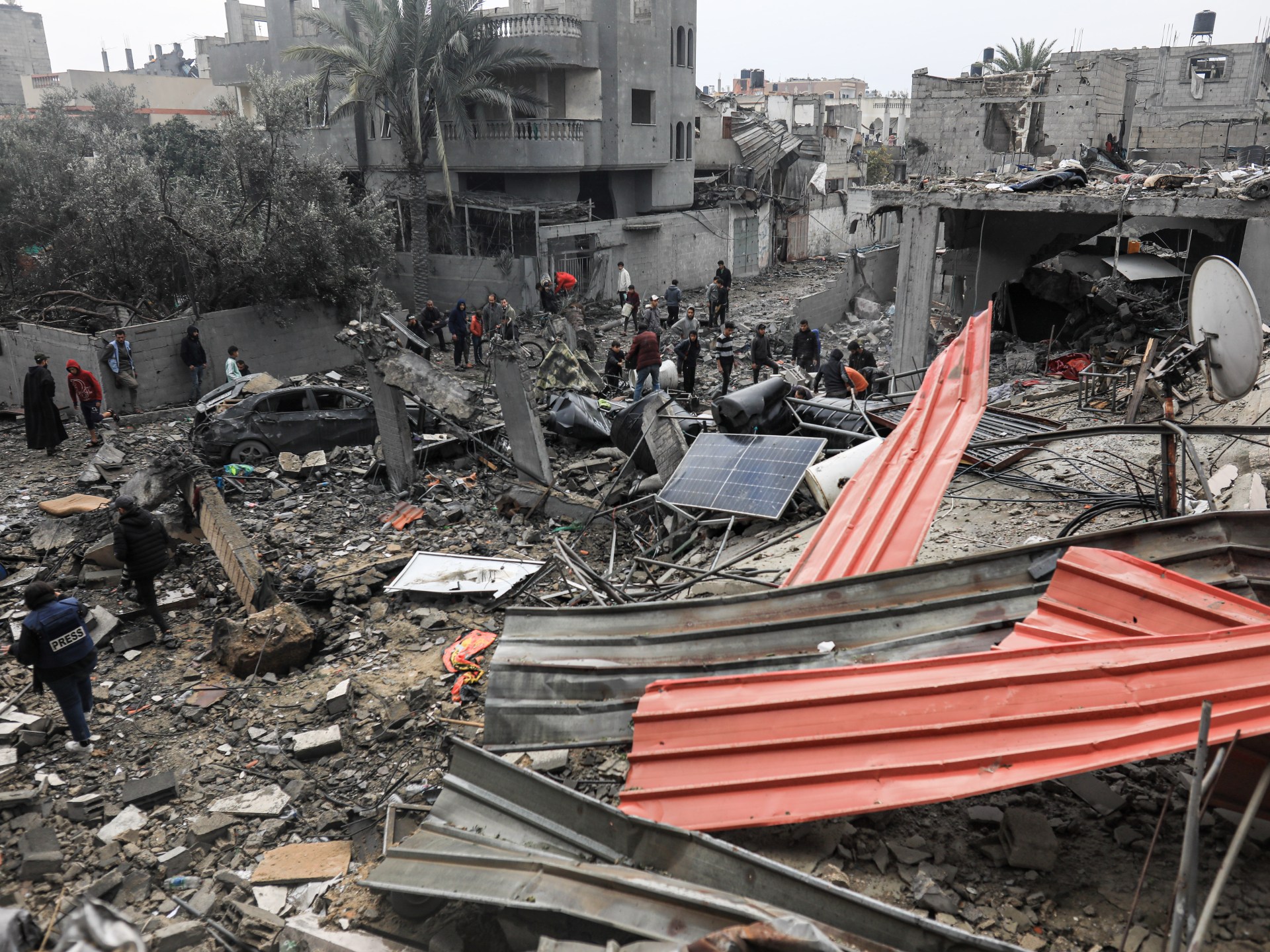
Adré, Chad — A young girl squats on the sandy ground and weaves blades of grass into a roof. The tiny hut she is building is surrounded by tens of thousands of similar huts, hastily constructed from sticks and leaves and covered with tarps or plastic bags.
This spontaneous settlement in Adré, a Chadian border town of 12,000 people, has become a makeshift home for more than 100,000 Sudanese refugees. Nearly 90 percent are women and children who crossed the border on foot, fleeing the brutal violence that engulfed their homeland Darfur shortly after the conflict in Sudan broke out on April 15.
Kaltuma, a small woman with deep wrinkles and cloudy cataract eyes, had to use all her strength to build her hut. She shares it with her two granddaughters, ages three and five. Kaltuma’s daughter took her other two children with her and set out to find daily work in the agricultural fields outside the city. Every morning, Kaltuma tours Adré’s neighborhoods, knocking on doors and asking people for food. Whatever she collects on a given day, she uses it to prepare a meal for herself and her granddaughters.
The residents of Adré welcomed refugees, but Chad is one of the poorest countries in the world and resources are scarce. “The number of people who came here with nothing is more than ten times the local population. “Imagine something like this happening in a European city,” said Mirjana Spoljaric, president of the International Committee of the Red Cross, who visited eastern Chad to highlight the glaring lack of humanitarian funding for this crisis.
Due to rapid population growth, food prices skyrocketed and vital services such as water and healthcare, which were already in short supply before the influx of refugees, came under enormous pressure.
Someya, another refugee, was pregnant when she fled her village in West Darfur with her children. “They killed my father after evening prayers in the mosque,” she says, cradling her baby in the shade of a tarp stretched over her head. “When I heard what had happened, I ran to the mosque. He died in my arms. My husband was always away for work, he was like a father to my children.”
When Someya and the children arrived in Adré after hours of walking, she collapsed on the ground and was sick with fear and exhaustion for several days. A month later, she gave birth to a baby girl under the tarp and soon had to look for work to support her four children.
“I tried working on a construction site, but it was physically demanding and they wouldn’t let me breastfeed the baby,” says Someya. “Now I do laundry in people’s houses. They don’t mind if I come with the baby.” She goes to work early in the morning and uses her wages to buy food for the day.
Someya, a henna artist, says the family had a good life and enough food in Darfur. The reality in the camp is different, and at some point the young mother lost milk because she wasn’t eating enough.
While Someya is at work, her children fetch water – a long, arduous task in a place where water shortages existed long before the population explosion. At five in the morning, a long line of canisters and plastic buckets forms. “I leave my canister in line and then check every few hours to see if it’s my turn,” said Zuhal, Someya’s 17-year-old neighbor in the camp.
The routine of everyday survival offers an escape from memories of the horrors of the past and questions about the future. At home in the Sudanese town of el-Geneina, Zuhal spent her school years helping her mother on the farm. Until she was forced to flee in search of safety. “We came here in the middle of the night without shoes. On the way, I saw people being killed,” Zuhal said.
The teenager was hoping to move in with her uncle, who lives in Gadarif, eastern Sudan, and used the Red Cross phone service to reach him, but her calls went unanswered.
Most women in the camp shrug their shoulders when asked what they want.
“I don’t know what I want to do,” says Someya. “Life in the camp is hard, but I have nowhere to go back to. My house burned down. I lost everything I owned. Even if I could return, I would have to start my life over. It is not easy.”






Recent Comments